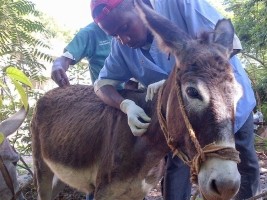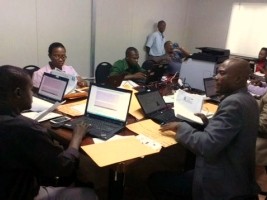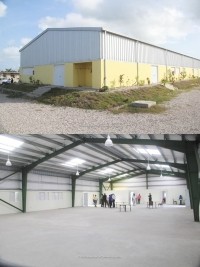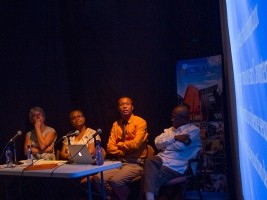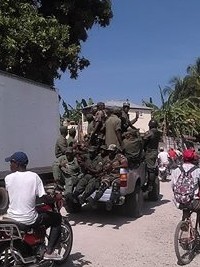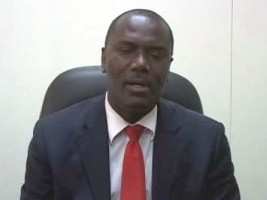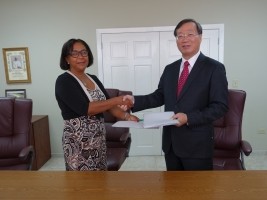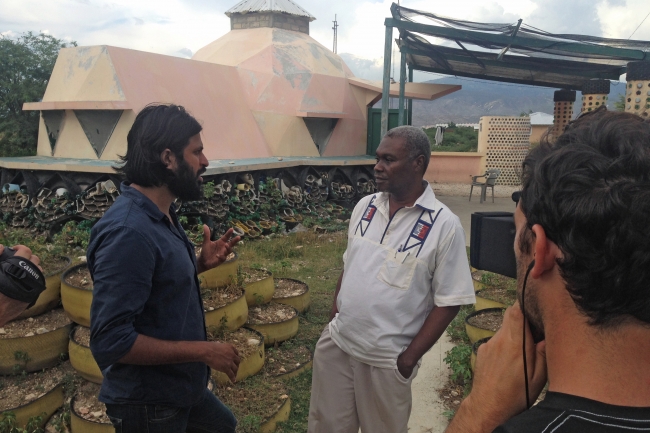Five billion people 'have no access to safe surgery'
Two-thirds of the world's population have no access to safe and affordable surgery, according to a new study in The Lancet - more than double the number in previous estimates.
Most live in low and middle-income countries.
The study suggests that 93% of people in sub-Saharan Africa cannot obtain basic surgical care.
Previous estimates have only looked at whether surgery was available.
But this research has also considered whether people can travel to facilities within two hours, whether the procedure will be safe, and whether patients can actually afford the treatment.
One of the study's authors, Andy Leather, director of the King's Centre for Global Health, said the situation was outrageous.
"People are dying and living with disabilities that could be avoided if they had good surgical treatment," he said.
"Also, more and more people are being pushed into poverty trying to access surgical care."
The study suggests a quarter of people who have an operation cannot in fact afford it.
Call for investment
Twenty-five experts spent a year and a half gathering evidence and testimony, from healthcare workers and patients, from more than 100 different countries as part of this report.They are now calling for a greater focus on, and investment in, surgical care.
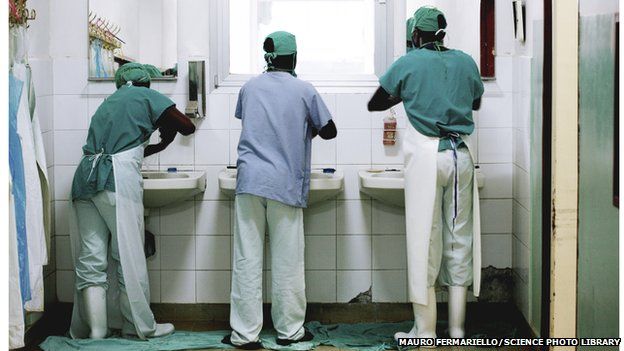
That was more than the number of deaths from HIV/AIDS, tuberculosis and malaria combined.
The authors suggest the cost to the global economy of doing nothing will be more than $12 trillion between now and 2030.
They are calling for a $420bn global investment.
These are enormous figures and - as is nearly always the case - the greatest need is in the poorest countries.

Numbers of trained surgical specialists per 100,000 people
- UK: 35
- US: 36
- Brazil 35
- Japan 17
- South Africa: 7
- Bangladesh 1.7
- Sierra Leone (before Ebola): 0.1

'Surgery not just for urban elite'
A key challenge is training enough surgeons, anaesthetists and obstetricians.In higher income countries such as the UK, there are around 35 surgical specialists per 100,000 people, whereas in Bangladesh there are 1.7 per 100,000 population.
Lead author John Meara Kletjian, professor in global surgery at Harvard Medical School, said: "Although the scale-up costs are large, the costs of inaction are higher, and will accumulate progressively with delay."
"There is a pervasive misconception that the costs of providing safe and accessible surgery put it beyond the reach of any but the richest countries," he added.
Experts in the field say surgery is a basic and crucial health need that has been largely ignored by the global health community, with tragic consequences.
"The agenda has been so much focused on individual diseases and, because surgical care is spread across so many diseases, it's been missed off," said Andy Leather said.
"There's a myth there isn't a burden of surgical disease, that it's too costly and it's just for the urban elite."
'People have given up'
London-based consultant obstetrician and gynaecologist, Shane Duffy, has recently returned from a surgical training camp in central Uganda.There he has been teaching local doctors how to carry out very specialised 'fistula repair surgery'.
This is for women who have had obstructed labours.
Most sufferers lose their babies during child birth and are left with a damaged bladder, or bowels, which can leave them incontinent and rejected by their families.
"Unfortunately a lot of people have given up on the hospitals because they can't find surgeons there," said Dr Duffy.
"People are living in the community with debilitating conditions and they just can't find the skilled people to help them."

Facts on global surgery
- 313 million operations are carried out worldwide each year.
- Just one in 20 operations occur in the poorest countries, where over a third of the world's population lives.
- There is a global shortfall of at least 143 million surgical procedures every year.
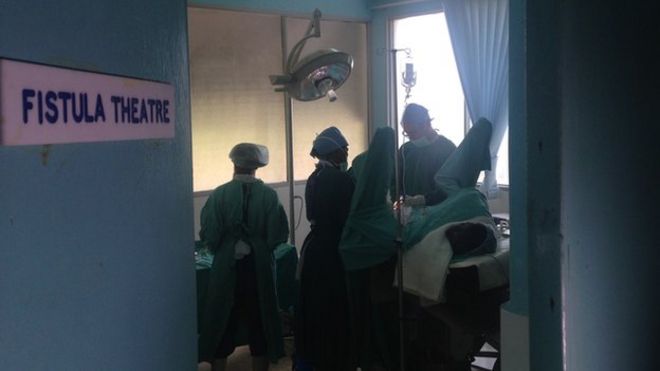



![6 of 9 electoral councilors and DG of the 2015 Provisional Electoral Council (CEP) [file] 6 of 9 electoral councilors and DG of the 2015 Provisional Electoral Council (CEP) [file]](http://www.sentinel.ht/images/stories/884o5.jpg)


![Defense Minister Lener Renauld [file] Defense Minister Lener Renauld [file]](http://www.sentinel.ht/images/stories/884i3b.jpg)


